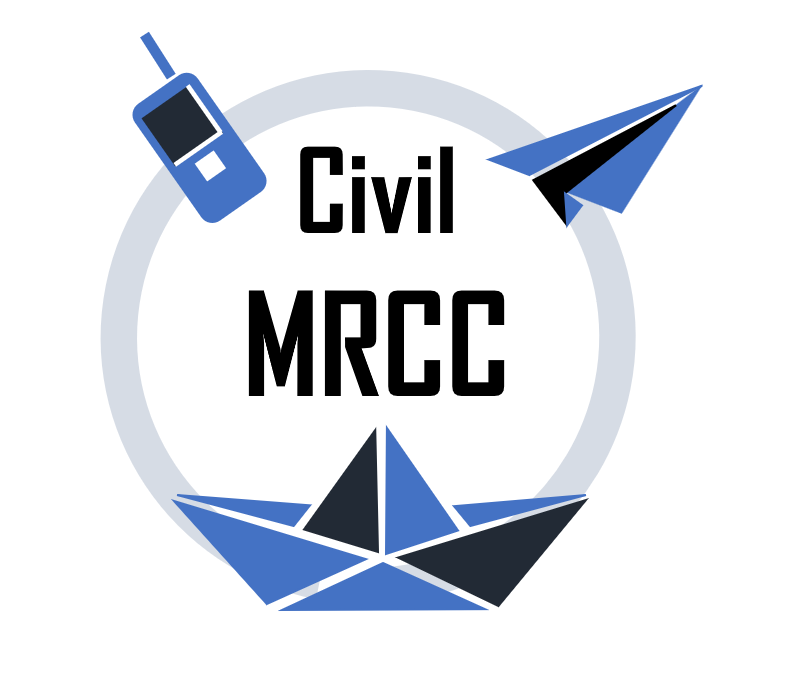Updates on the trials and a new investigation by Forensic Architecture on the fire in Moria

“The appeal trial of four of the Moria 6 originally scheduled to take place on 6 March 2023, was postponed for a year by the Mixed Jury Appeal court of the North Eastern Aegean in Mytilene, Lesvos, until 4 March 2024. During this year, the four young men convicted for the 2020 Moria fires will likely remain in prison, despite the lack of any credible evidence against them, and despite procedural errors which should have led to the annulment of the procedure (…) The postponement of the Moria 6 appeal trial also means that crucial new evidence showing that three of the four were minors when arrested, and raising additional doubts about the evidence that led to the conviction of the four defendants, will not be considered for another year. Among this new evidence is a comprehensive report and video about the circumstances of the Moria fires, including a spatiotemporal reconstruction of the spreading of the fires by the investigative research group, Forensic Architecture. (…)
Coming out of the Court, Vicky Aggelidou, one of the defendants’ lawyers from the Legal Centre Lesvos said: “The three judges of the Appeal court, hidden behind a general strike of workers in Greece, decided to keep holding the four young men hostage in prison for one more year, despite the lack of evidence against them. Once again Greek justice showed its grim, punitive face towards the marginalised. Unfortunately, this comes as no surprise.”” (http://legalcentrelesvos.org)
Reconstruction by Forensic Architecture
„In the late hours of 8 September 2020, large fires broke out at the migrant camp of Moria, located on the frontier island of Lesvos, Greece. The fires shouldered over several days, displacing thousands of people and reducing the epicenter of the EU’s carceral archipelago to ashes. The overcrowded camp, first established in 2013, was host to more than 13,000 people at the time, and was notorious for its precarious and unsafe living conditions—conditions manufactured and maintained for years by Greek and EU policies.
Only a few days after the fire, and before the local Fire Service had concluded their investigation, police arrested six young asylum seekers, five of them minors, accusing them of starting the fire. They later became known as the ‘Moria 6’. On the same day that the Moria 6 were arrested, the Greek Minister of Migration and Asylum publicly declared that “the arsonists of Moria have been detained [and] the safety of everyone is guaranteed”. The speed of his announcement following the arrests raised serious questions as to whether the trials that followed would be conducted fairly.
Indeed, two subsequent trials that resulted in conviction, one for the two recognised as minors, and the other for the remaining four, were strongly criticised for failing to offer fair proceedings to the accused and described as a ‘parody of justice’. Five of the Moria 6 were convicted on the testimony of a single witness, reportedly the leader of a rival ethnic community in the camp. Greek authorities failed to even bring him to court to stand as a witness.
Forensic Architecture was commissioned by the lawyers representing the Moria 6 to map how the fire developed on 8 September 2020 and to interrogate the testimony of the key witness, in advance of the appeal trial of the accused group of four scheduled for March 2023. We sourced and examined hundreds of videos, images, testimonies, and official reports, and conducted a detailed spatio-temporal reconstruction of the spread of the fire through the camp.
Our analysis reveals significant inconsistencies in the testimony of the key witness and casts further doubt on the evidence upon which the judgment of the young asylum seekers was based…“
More information:
https://forensic-architecture.org/investigation/fire-in-moria-refugee-camp
Article published in Echoes#6



